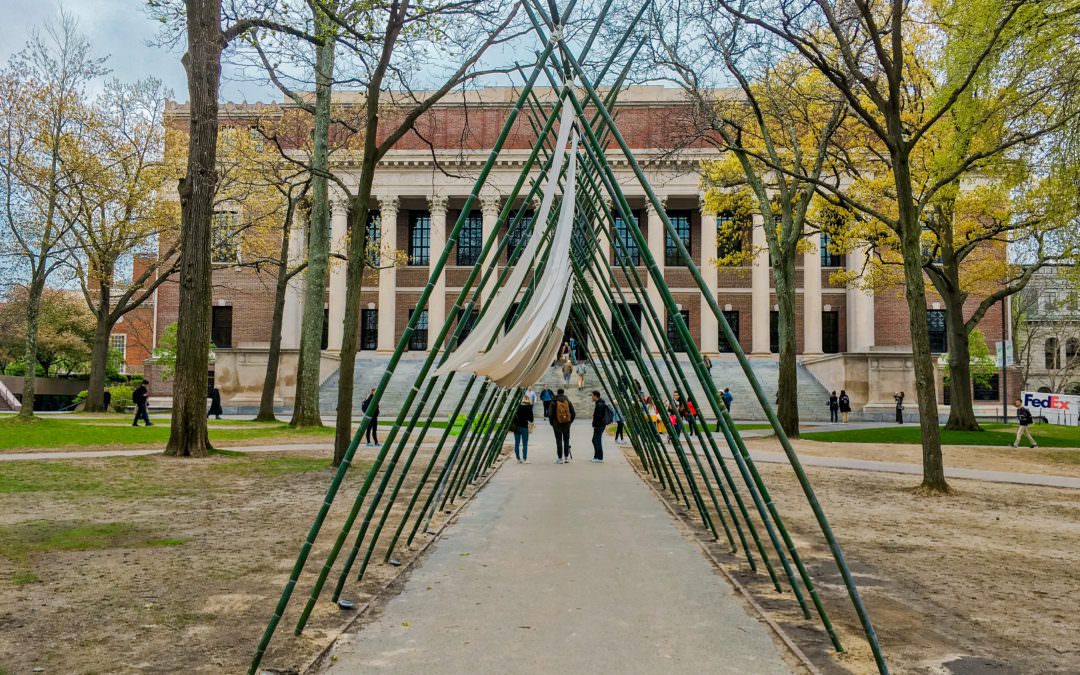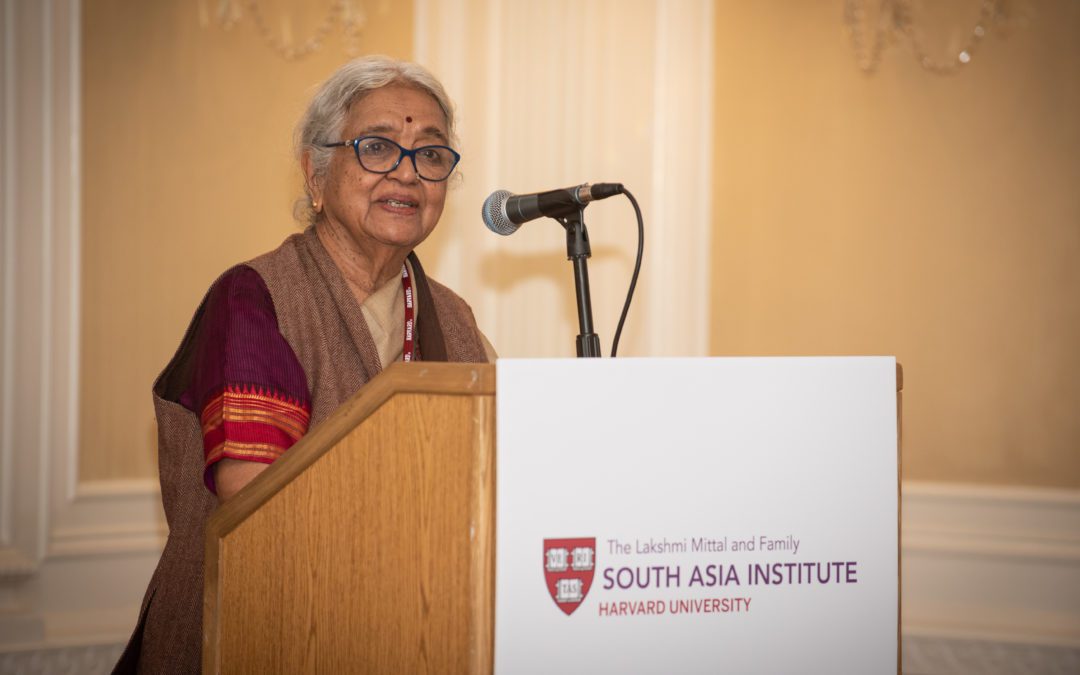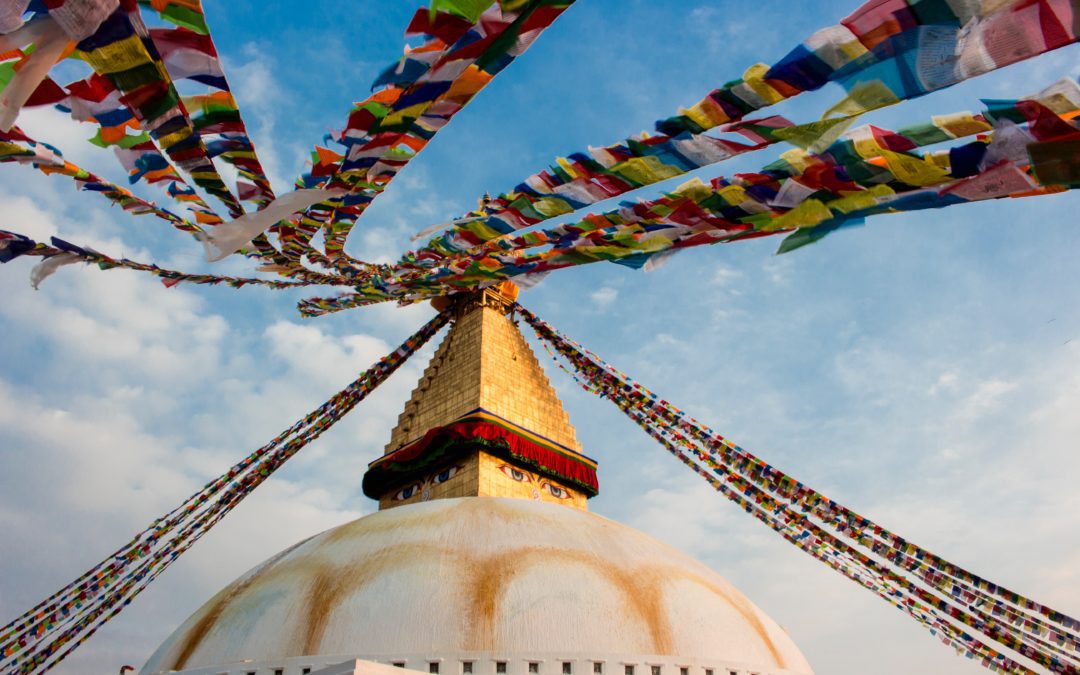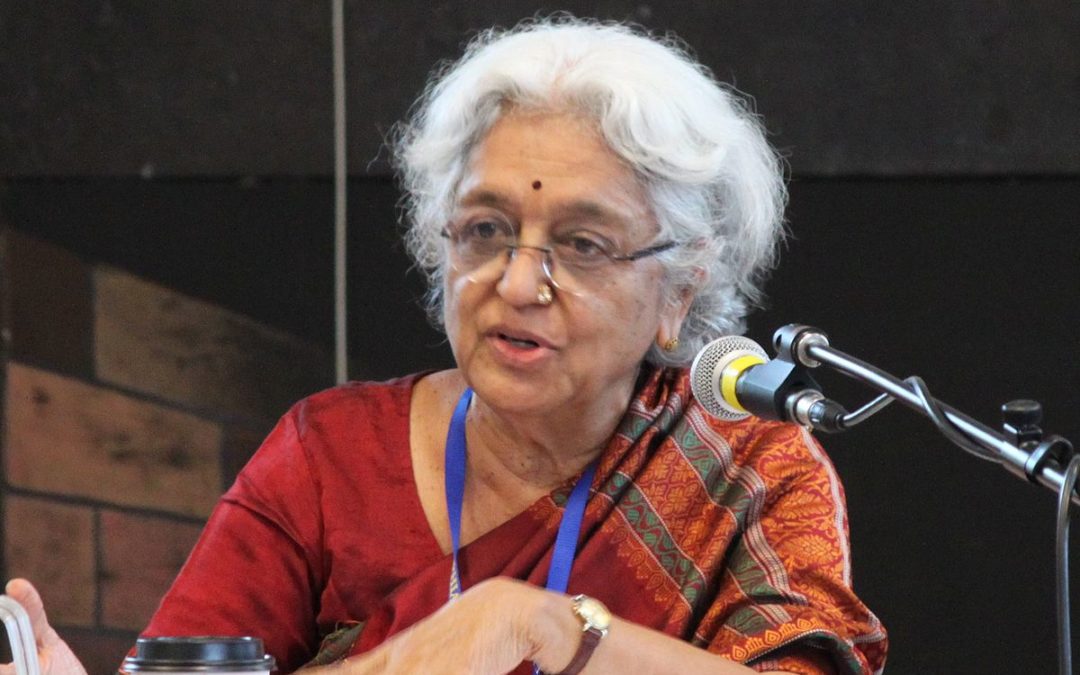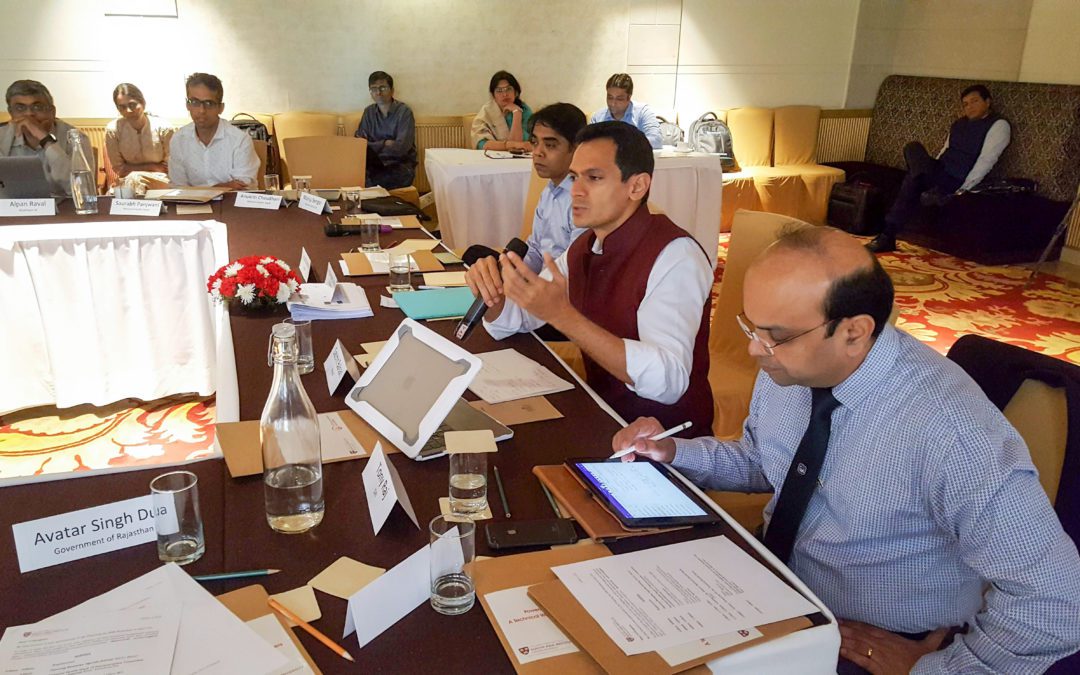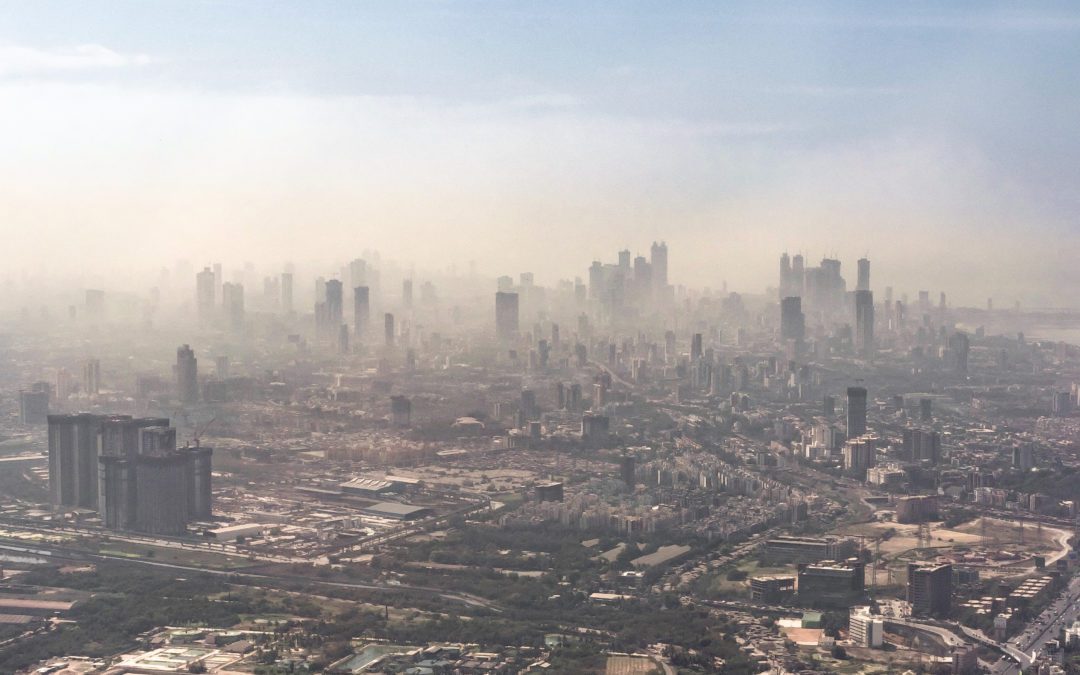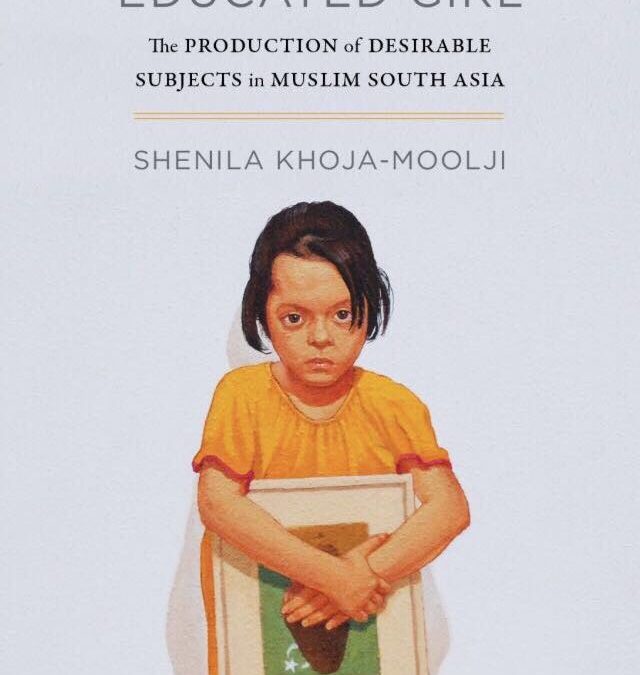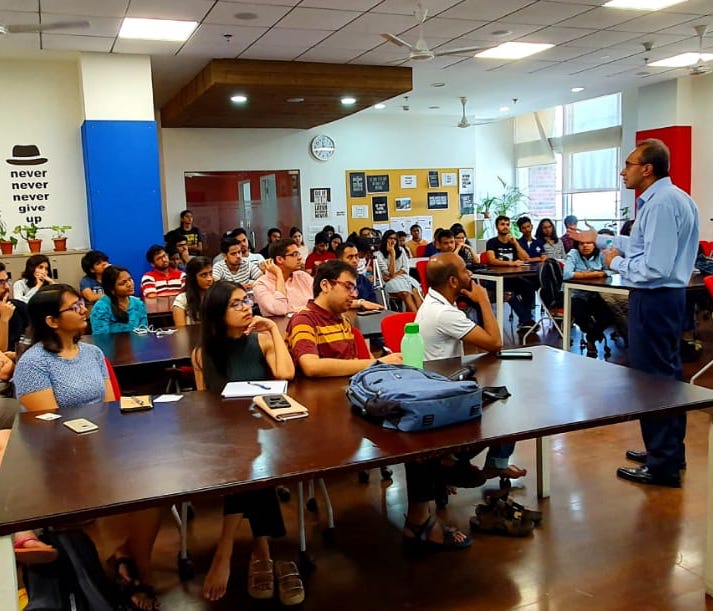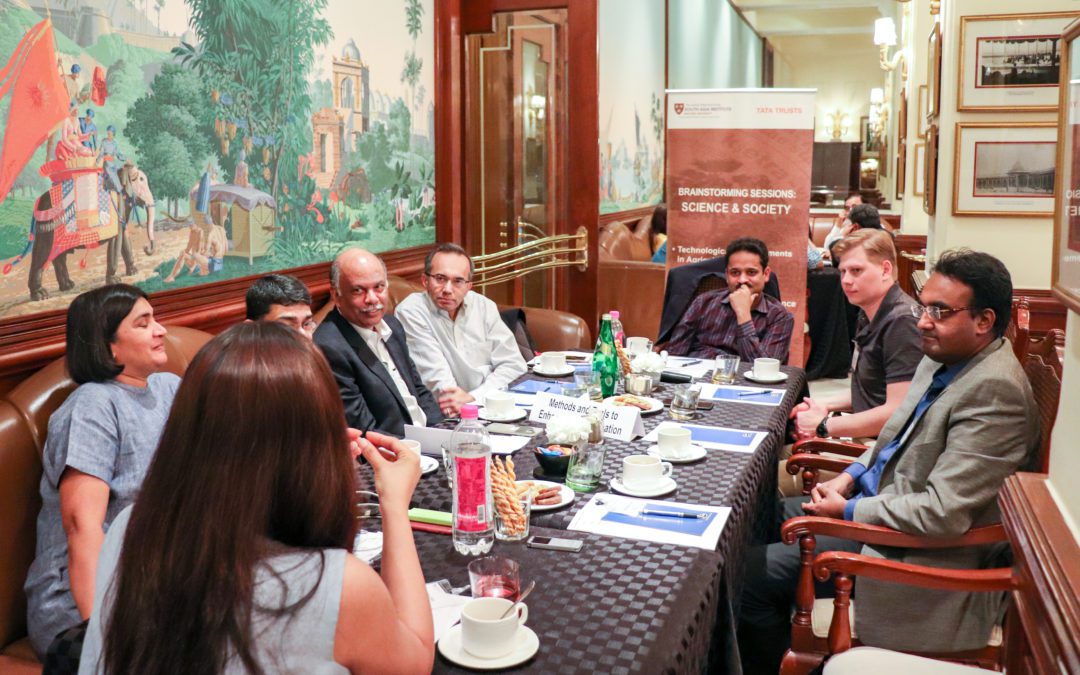Riskboard: Using Tech and Social Media to Protect Human Rights
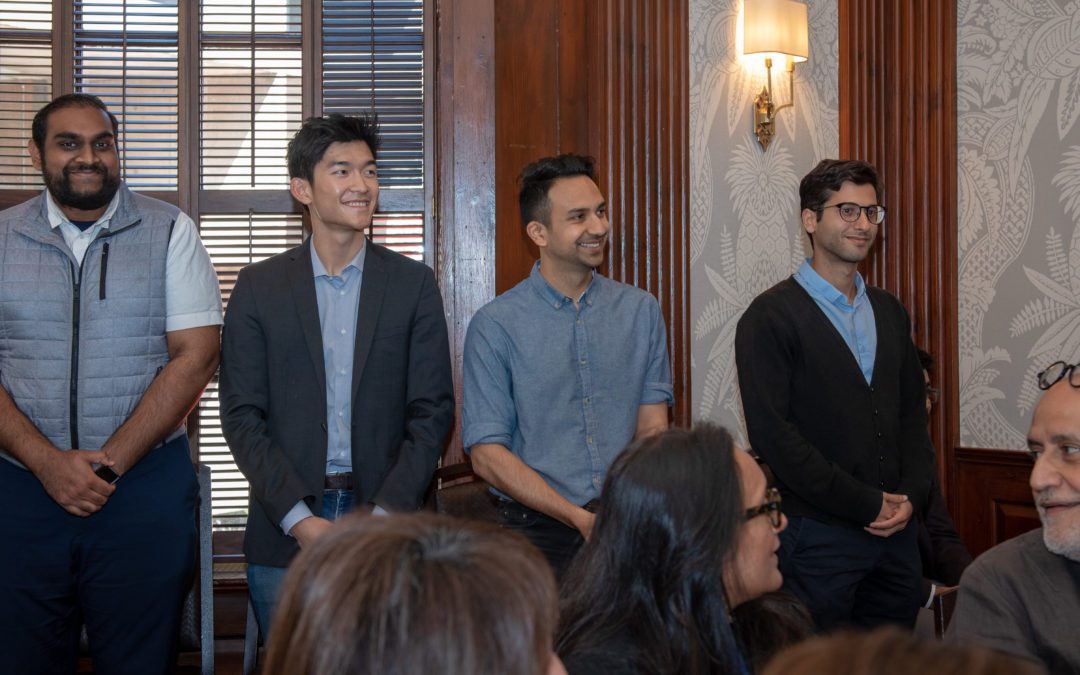
Each year, the Mittal Institute’s Seed for Change competition invites Harvard students to propose projects that can positively impact societal, economic, or environmental issues in India and Pakistan, helping to develop innovation and entrepreneurship in the two countries. This year, a close competition provided grants to one winning team and two runners-up to develop their projects. Riskboard, a runner-up, is an app in development by four Harvard students that will harness online data via social media and open source media data sites to monitor political risk and human rights abuses in India.

